Pregnant woman has unborn baby forcibly removed from her womb
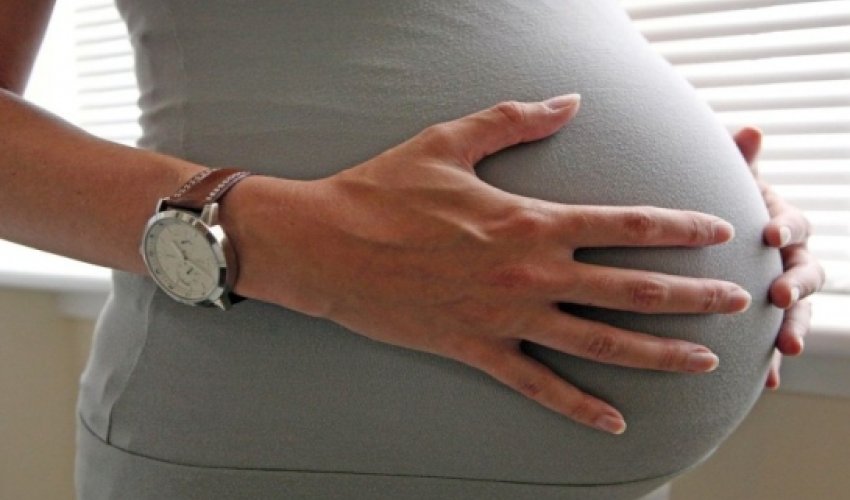
Social services forcibly sedated a pregnant woman and removed her baby by caesarean section, it has been revealed.Officials in Essex were granted a court order to take the baby from the Italian woman after she suffered a mental breakdown while in Britain on a work trip.The council said it was acting in the best interests of the woman.According to the Sunday Telegraph, social services are refusing to give the baby girl, who is now 15 months old, back to her mother – despite the woman claiming she has recovered.The case is set to be raised in Parliament next week, with the woman’s lawyers claiming the council should have consulted her family first and Italian social services should have been put in charge of the child.The woman, who cannot be named for legal reasons, came to Britain last July to attend a training course at Stansted Airport.During that time she suffered a panic attack, which her family claim was caused by a failure to take medication for her bipolar condition, and after calling the police was taken to hospital.According to the Telegraph, the woman later tried to return to her hotel but was restrained and sectioned under the Mental Health Act as social services acquired a High Court order to remove her baby.Brendan Fleming, the woman’s British lawyer, told the newspaper: ‘I have never heard of anything like this in all my 40 years in the job.‘I can understand if someone is very ill that they may not be able to consent to a medical procedure, but a forced caesarean is unprecedented.‘If there were concerns about the care of this child by an Italian mother, then the better plan would have been for the authorities here to have notified social services in Italy and for the child to have been taken back there.’The woman says she was not made aware of what was happening and woke up to find her child had been delivered by caesarean section and taken into care.A council spokesperson is quoted by the BBC as saying: ‘Essex County Council does not comment on the circumstances of ongoing individual cases involving vulnerable people and children.’(metro.co.uk)ANN.Az
























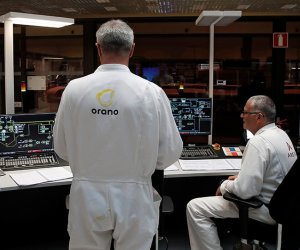
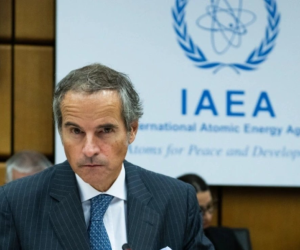

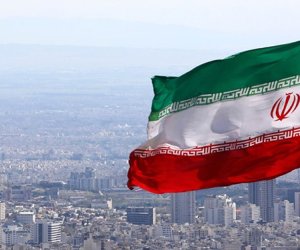
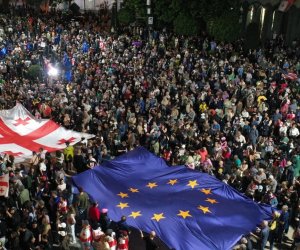


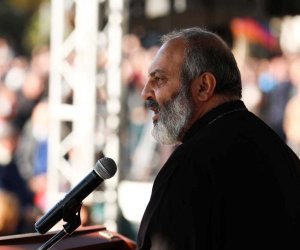




 Photo
Photo 



 Video
Video 

